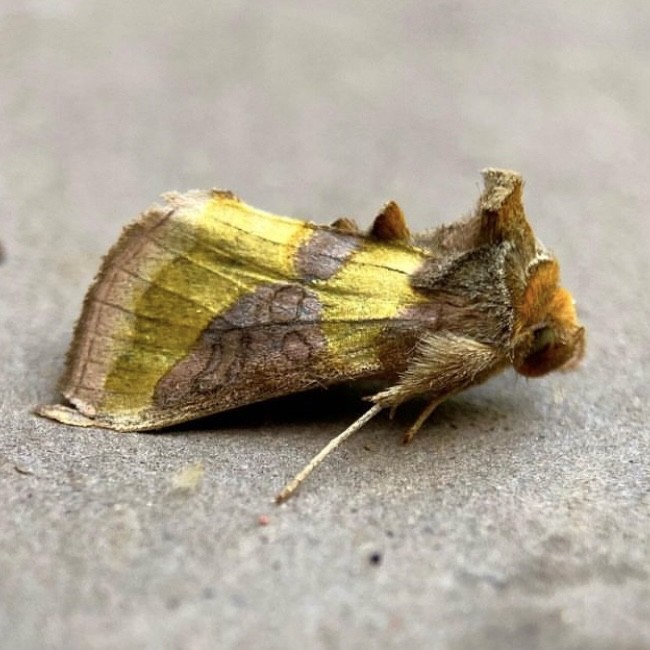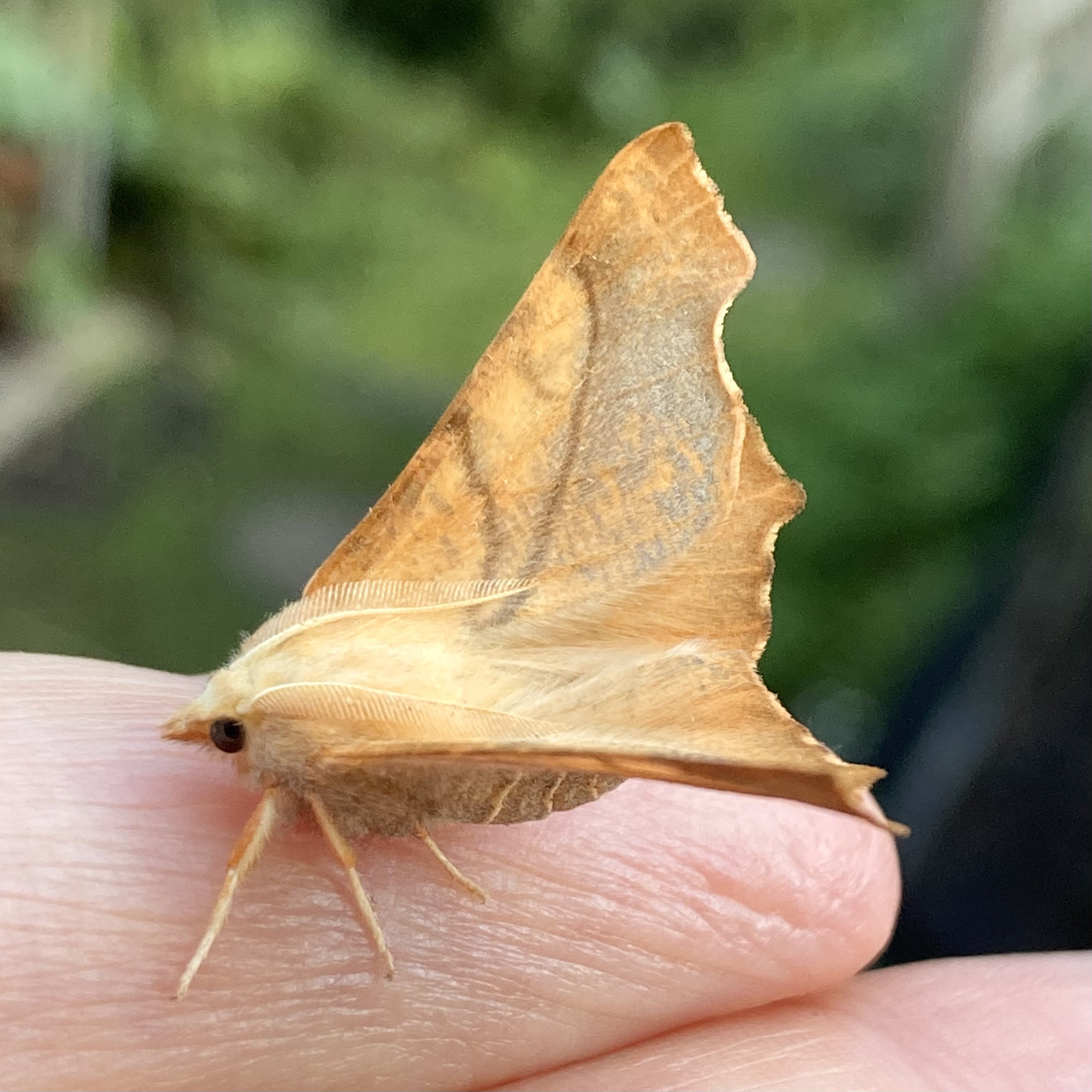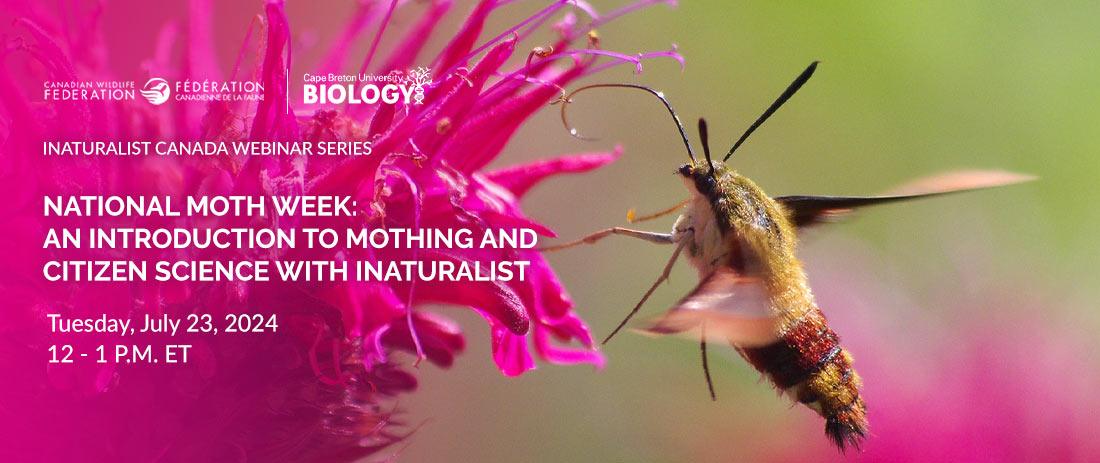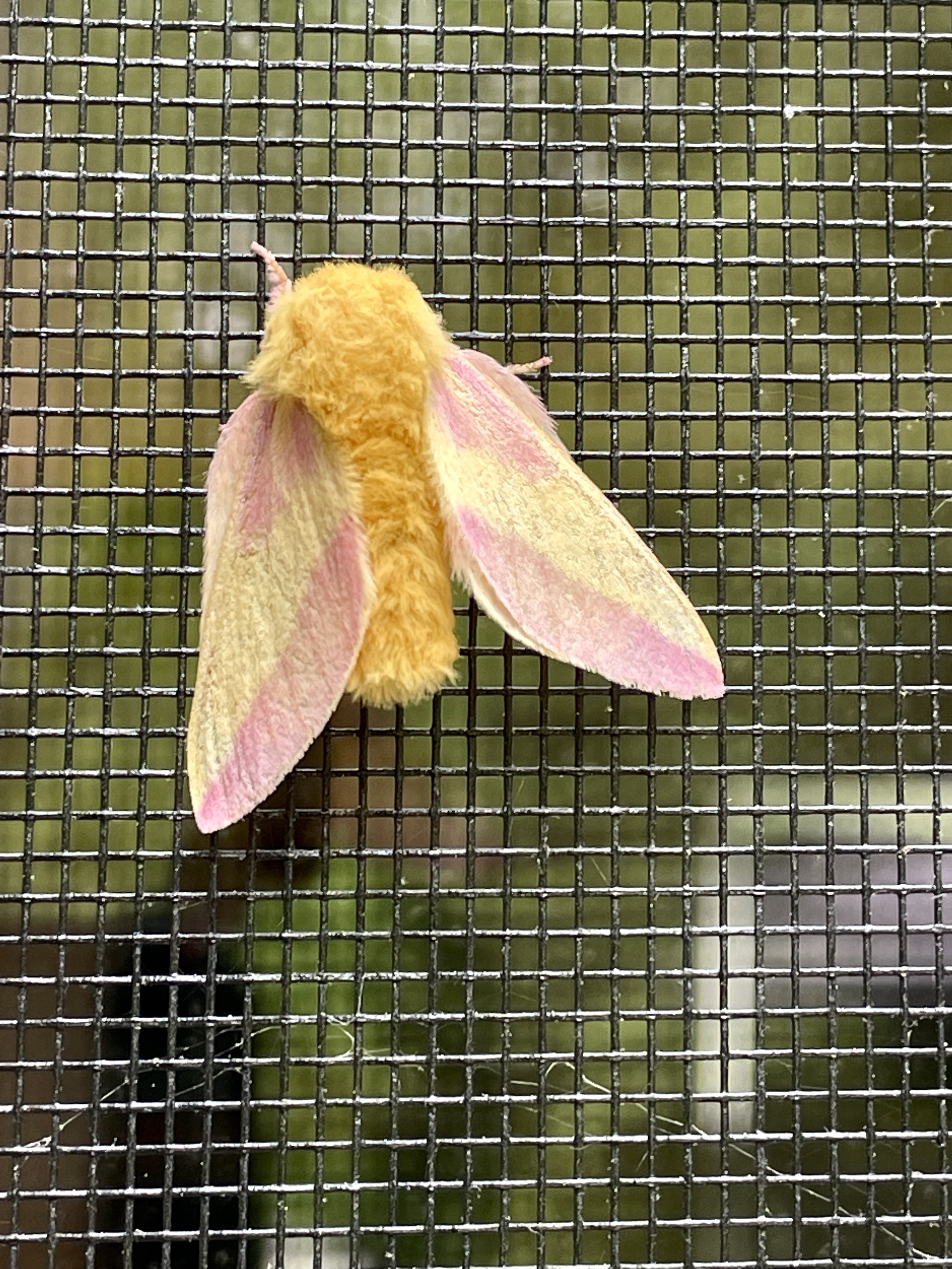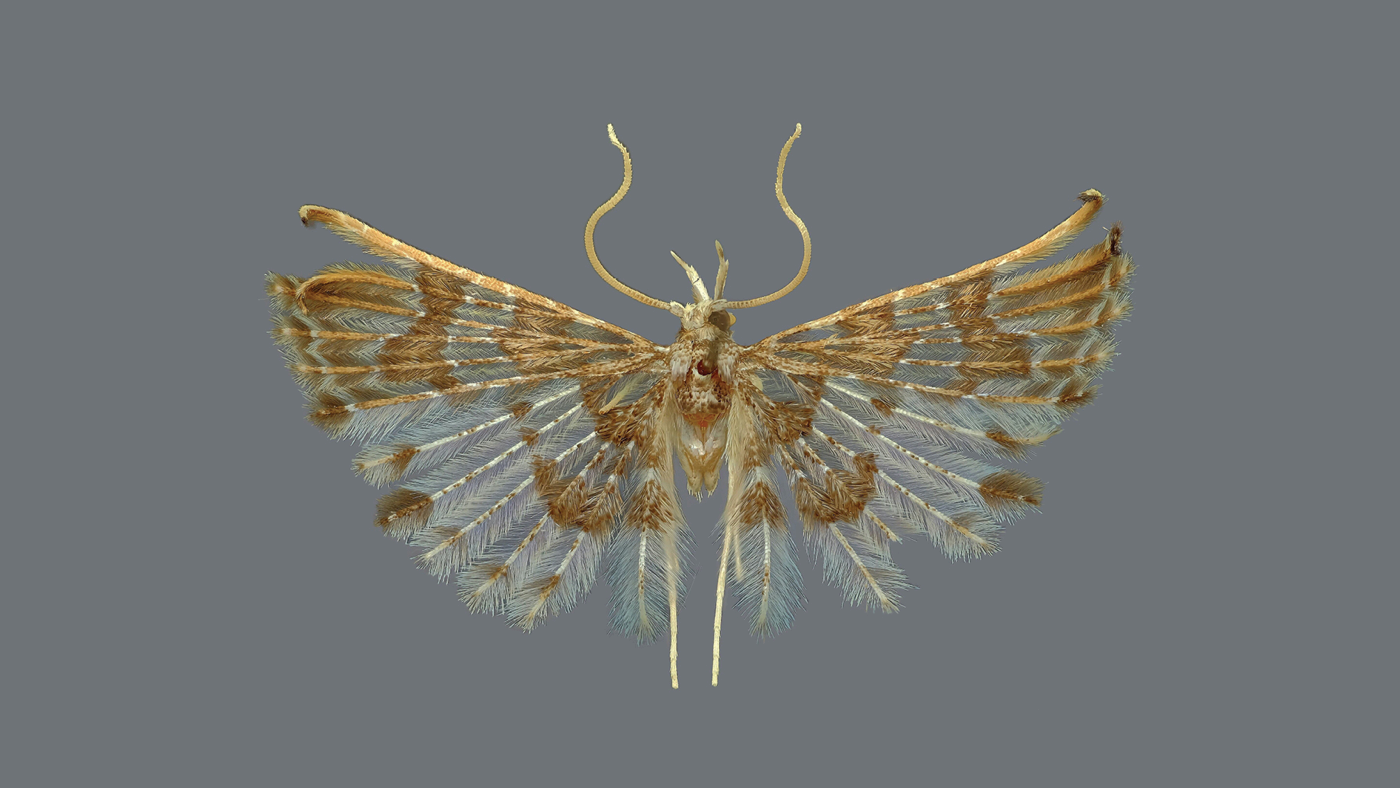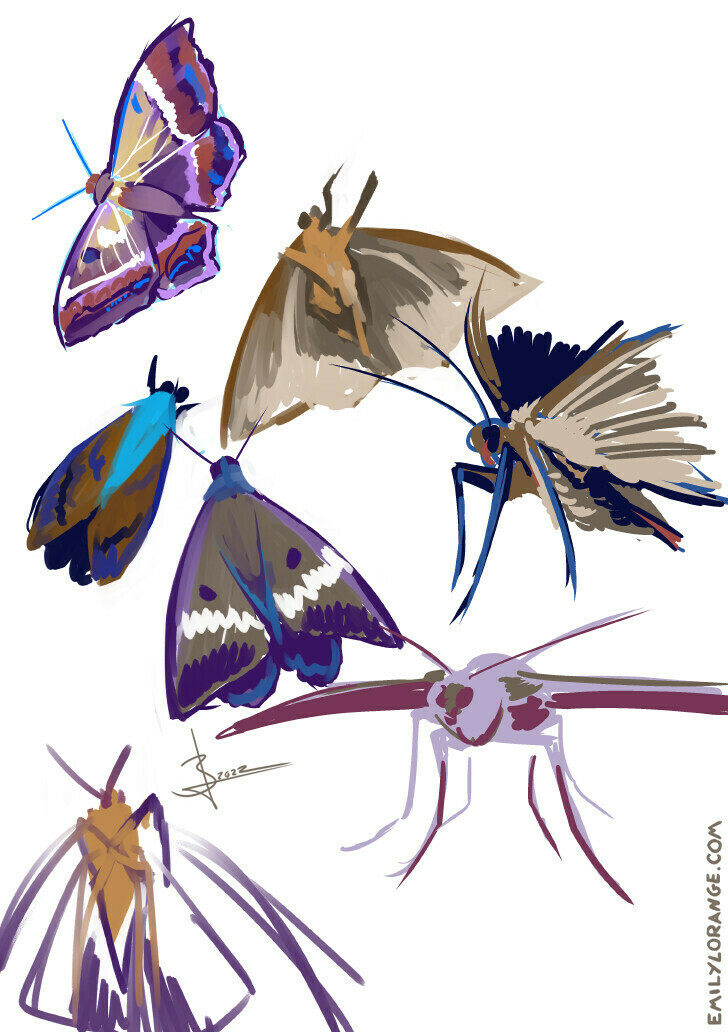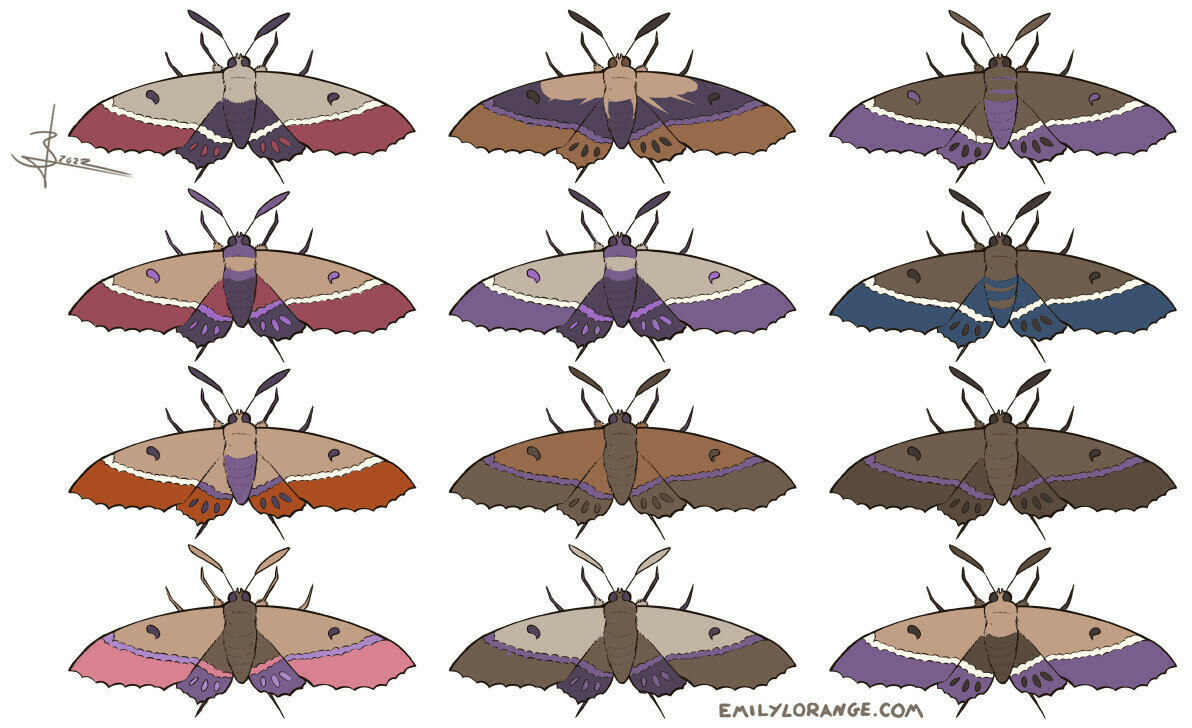George Monbiot (The Guardian)
It is simply not possible to carry on at the current level of economic activity without destroying the environment.
There is a box labelled “climate”, in which politicians discuss the climate crisis. There is a box named “biodiversity”, in which they discuss the biodiversity crisis. There are other boxes, such as pollution, deforestation, overfishing and soil loss, gathering dust in our planet’s lost property department. (...)
Nature recognises no such divisions. As Earth systems are assaulted by everything at once, each source of stress compounds the others.
Take the situation of the North Atlantic right whale, whose population recovered a little when whaling ceased, but is now slumping again: fewer than 95 females of breeding age remain. (...)
Studies of bees show that when pesticides are combined, their effects are synergistic: in other words, the damage they each cause isn’t added, but multiplied. When pesticides are combined with fungicides and herbicides, the effects are multiplied again. (...)
When rainforests are fragmented by timber cutting and cattle ranching, and ravaged by imported tree diseases, they become more vulnerable to the droughts and fires caused by climate breakdown.
What would we see if we broke down our conceptual barriers? We would see a full-spectrum assault on the living world. Scarcely anywhere is now safe from this sustained assault. A recent scientific paper estimates that only 3% of the Earth’s land surface should now be considered “ecologically intact”.
The various impacts have a common cause: the sheer volume of economic activity. (...)
When we box up this predicament, our efforts to solve one aspect of the crisis exacerbate another. For example, if we were to build sufficient direct air capture machines to make a major difference to atmospheric carbon concentrations, this would demand a massive new wave of mining and processing for the steel and concrete. (...)
Or look at the materials required for the electronics revolution that will, apparently, save us from climate breakdown. Already, mining and processing the minerals required for magnets and batteries is laying waste to habitats and causing new pollution crises. Now, as Jonathan Watts’s terrifying article in the Guardian this week shows, companies are using the climate crisis as justification for extracting minerals from the deep ocean floor, long before we have any idea of what the impacts might be. (...)
But there is no such thing as green growth. Growth is wiping the green from the Earth.
We have no hope of emerging from this full-spectrum crisis unless we dramatically reduce economic activity. (...) Sustaining our life-support systems means doing less of almost everything. But this notion – that should be central to a new, environmental ethics – is secular blasphemy.
Full article
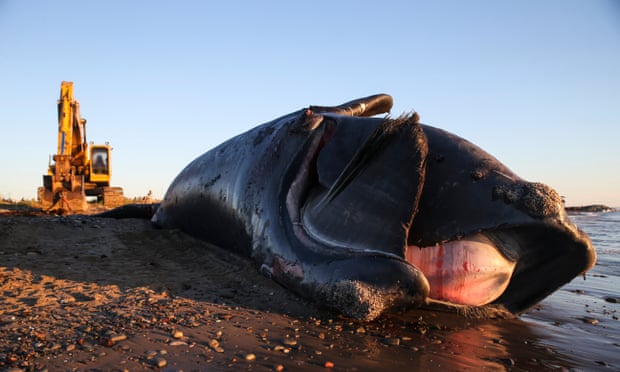
‘Combined impacts are laying waste to entire living systems.’ A dead North Atlantic right whale washed up on a beach in New Brunswick, Canada. Photograph: Nathan Klima/Boston Globe/Getty Images.
Tags: #environment #climate #climate_change #climate_crisis #co2 #pollution #global_warming #economy #growth #green_growth #deforestation #overfishinh #soil_loss #biodiversity #whales #insects #bees #agriculture #fertilizers #fungicides #herbicides #caterpillars #moths #coral_reef #coral_bleeching #rainforest #timber_cutting #cattle_racnhing #trees #mining #deep_sea_mining #ocean_levels #floods #sea_levels
